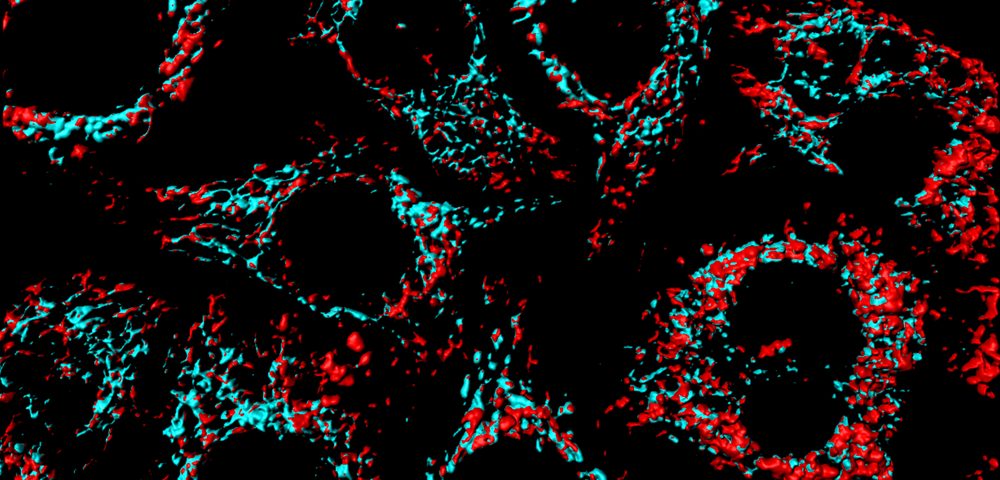A small RNA molecule, microRNA-126 (MIR126), has a protective role in malignant mesothelioma mouse models by triggering a cellular pathway, called autophagy, that leads to the metabolic reprogramming of cancer cells and impairs tumor progression. The study, “MicroRNA-126 induces autophagy by altering cell metabolism in malignant mesothelioma,” was published in the journal Oncotarget.
Cancer cell metabolism is altered to support continuous tumor growth and adapt to its microenvironment. Autophagy is a catabolic pathway, which is frequently suppressed during malignant transformation. Since autophagic pathways are controlled, at some level, by small non-coding microRNAs (MIRs), the researchers investigated the role of MIRs in the regulation of cell metabolism and autophagy in malignant mesothelioma models. Specifically, they focused on MIR126, following the team’s previous report where MIR126 was found to be down-regulated in malignant mesothelioma.
The researchers explored the role of MIR126 in autophagy by overexpressing it in malignant and non-malignant mesothelial cells (control cells). The team observed that MIR126 increased autophagic flux specifically in malignant mesothelioma cells. Performing further studies, they discovered that this MIR126-induced autophagic process is mediated by down-regulating the insulin receptor substrate-1 (IRS1) and disrupting the IRS1 signaling pathway.
Insulin signaling is important for cell proliferation, metabolism, and cancer progression. Hence, MIR126-induced loss of IRS1 resulted in suppression of glucose uptake (the key fuel molecule of cancer cell’s metabolism), leading to energy deprivation. Moreover, MIR126 induced a cascade of events inside cells, including the down-regulation of pyruvate dehydrogenase kinase (PDK) and acetyl-CoA-citrate lyase (ACL) activity, accumulation of citrate, and formation of lipid droplets in the cytoplasm.
These changes led to a complex reprogramming of malignant mesothelioma cell metabolism, halting tumor progression in malignant mesothelioma. As such, when researchers injected MIR126-expressing cells into immuno-compromised mice, mesothelioma tumor progression stopped at the initial phase, which suggests that increasing autophagy has a protective role against malignant mesothelioma.
Malignant mesothelioma is a rare, aggressive tumor that forms on the thin protective tissues that cover the lungs (pleura) and abdomen. Individuals who develop mesothelioma typically have been directly exposed to high levels of asbestos.



2 comments